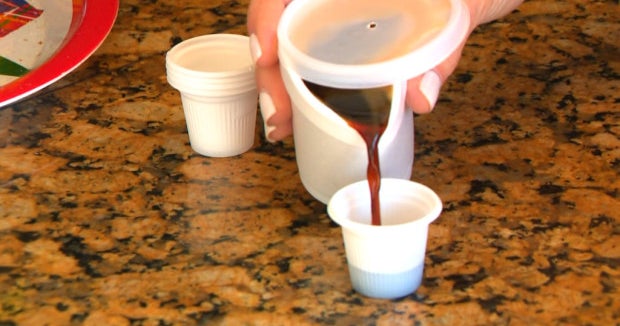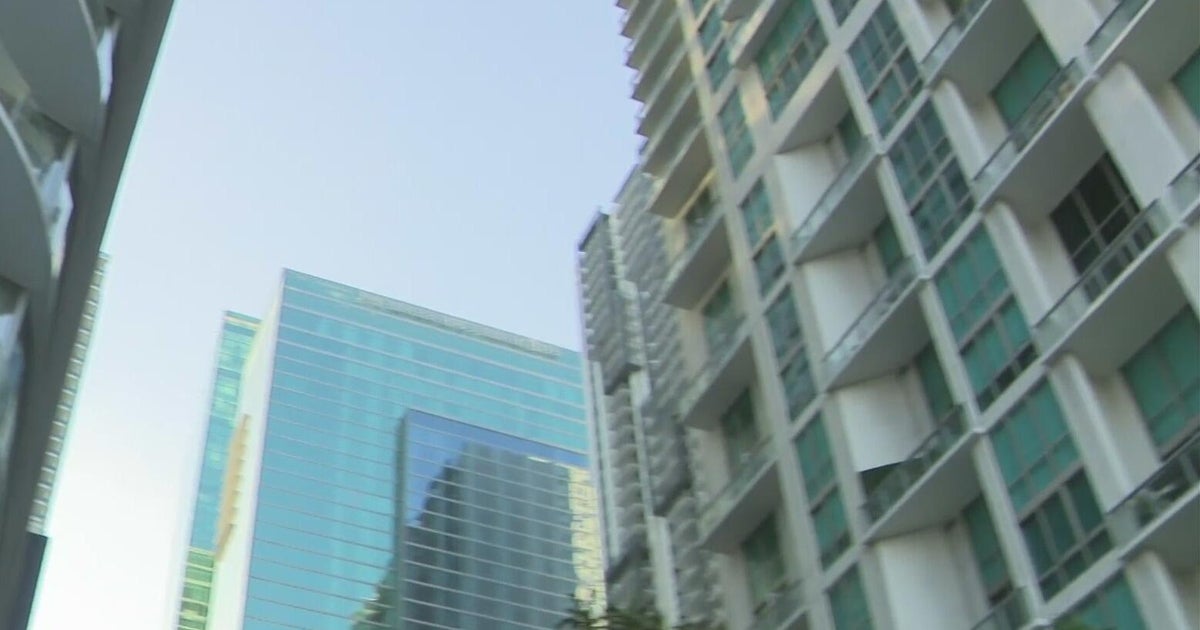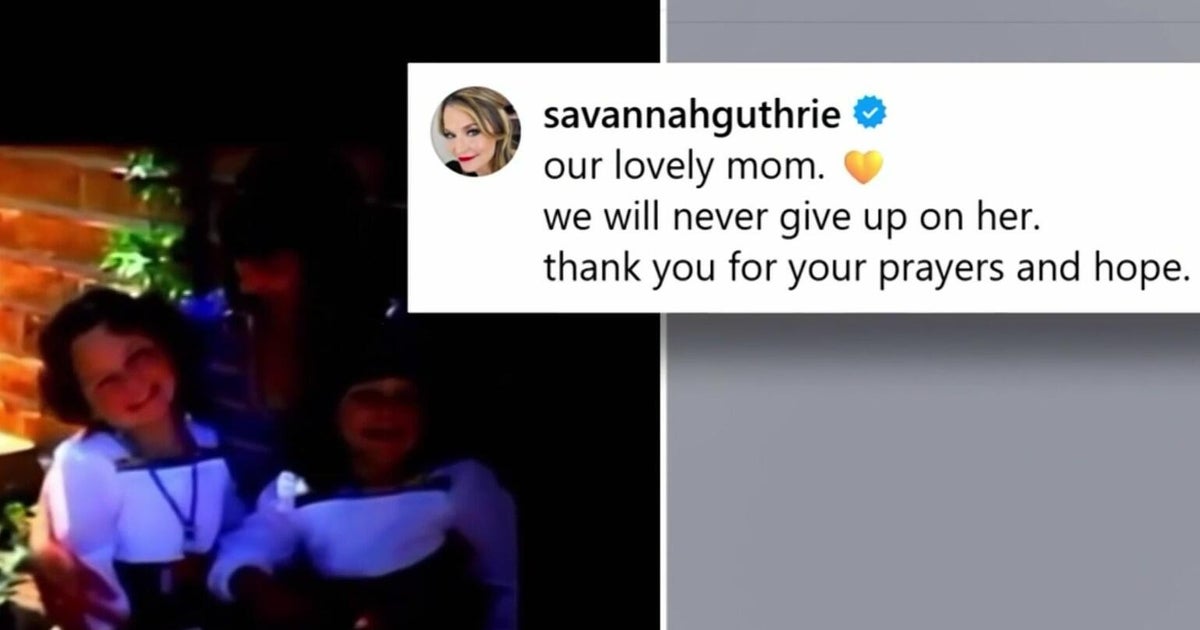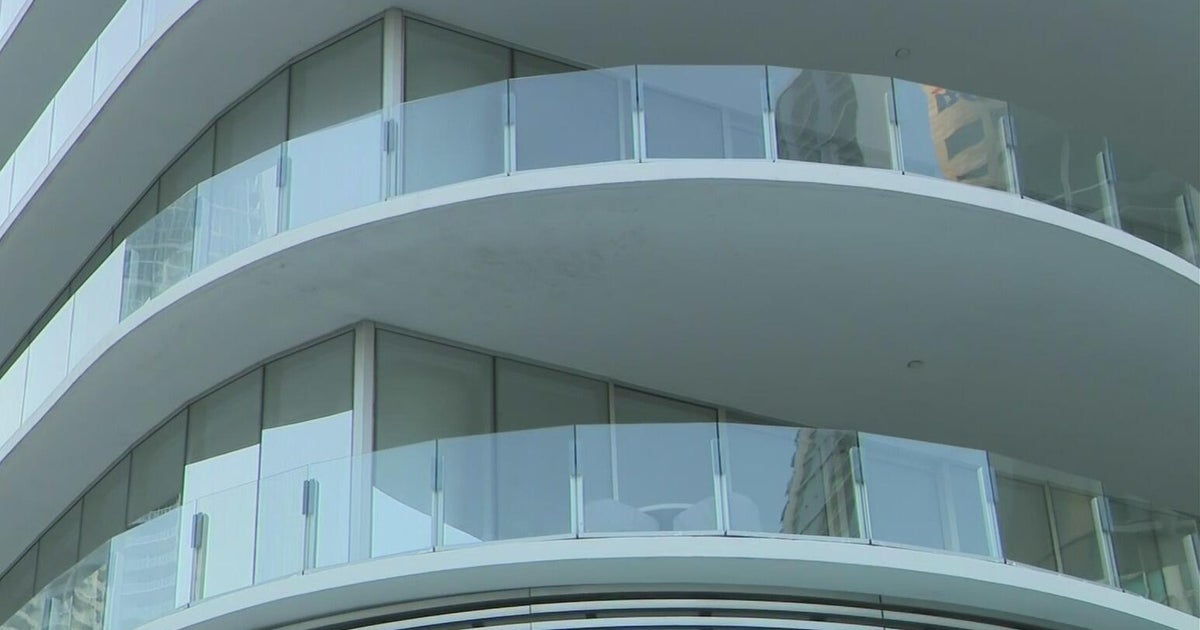South Florida’s coffee culture could face a bitter price hike as proposed tariffs on imported coffee beans threaten to jolt local shops and consumers.
From Honduras to Ethiopia, the beans fueling the region’s caffeine fix could cost more, forcing small businesses like Cali Coffee to rethink sourcing strategies while hoping to shield customers from the financial sting.
Rising costs threaten morning rituals
For Emily Videl, a daily coffee run is non-negotiable.
“I drink maybe in a day, like three cups of coffee,” she said, but she fears tariffs will drive up prices. “I think it’s gonna go up, and it’s not gonna be good,”
Her concern echoes across Miami-Dade, where coffee shops are bracing for impact.
Craig Avera owns Cali Coffee. There are 11 stores and it’s about to double in size. All this, as tariffs are being slapped on imported products, like coffee.
“Right now, we haven’t seen any increase. We’re kind of waiting for the call that we don’t want to hear, type of thing,” he said.
Craig said he is doing what he can to avoid passing on those tariffs including working with their vendors to keep costs down.
“Right now, our beans are being sourced from Honduras, Ethiopia, Nicaragua. Well, if those countries are being tariffed extremely heavily, and we look at kind of the coffee culture world and we’re like, ‘Well, you know, we don’t need the Brazil bean. Maybe we can get something equal from Ecuador or another country where the tariffs are lower,” he said.
And it’s not just coffee
Right now, 20 steel prep tables are enroute from China at $3,000 a piece.
“My guess is that tariff, when they say, ‘Hey, this is live now,’ then if that product hasn’t hit the wharf yet or the shoreline, and it hasn’t been imported into the US, we’re probably going to pay the tariff,” Craig said.
Dr. Albert Williams is the head of finance and economics are NSU.
“Planning is very difficult at this time for small business, big business and consumers,” he said.
He’s hoping a 90-day pause in tariffs can give time for the US to strike some solid deals.
“The ultimate, if we find solutions where both countries will win this, the tariff war will decrease more quickly. If we only have one win and the other lose, then there will Be a lot more fighting and if we keep on fighting, then both will lose,” he said.



